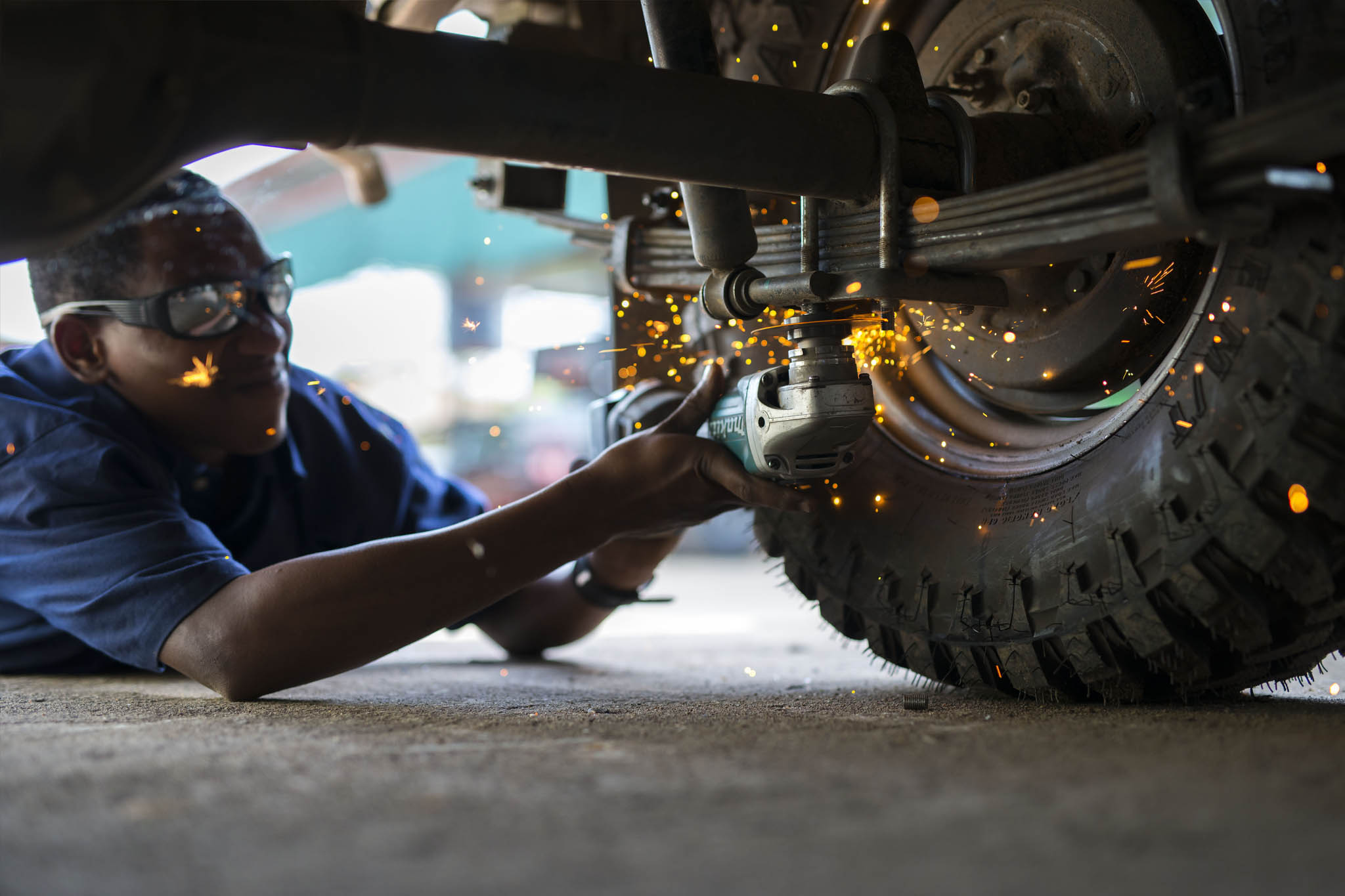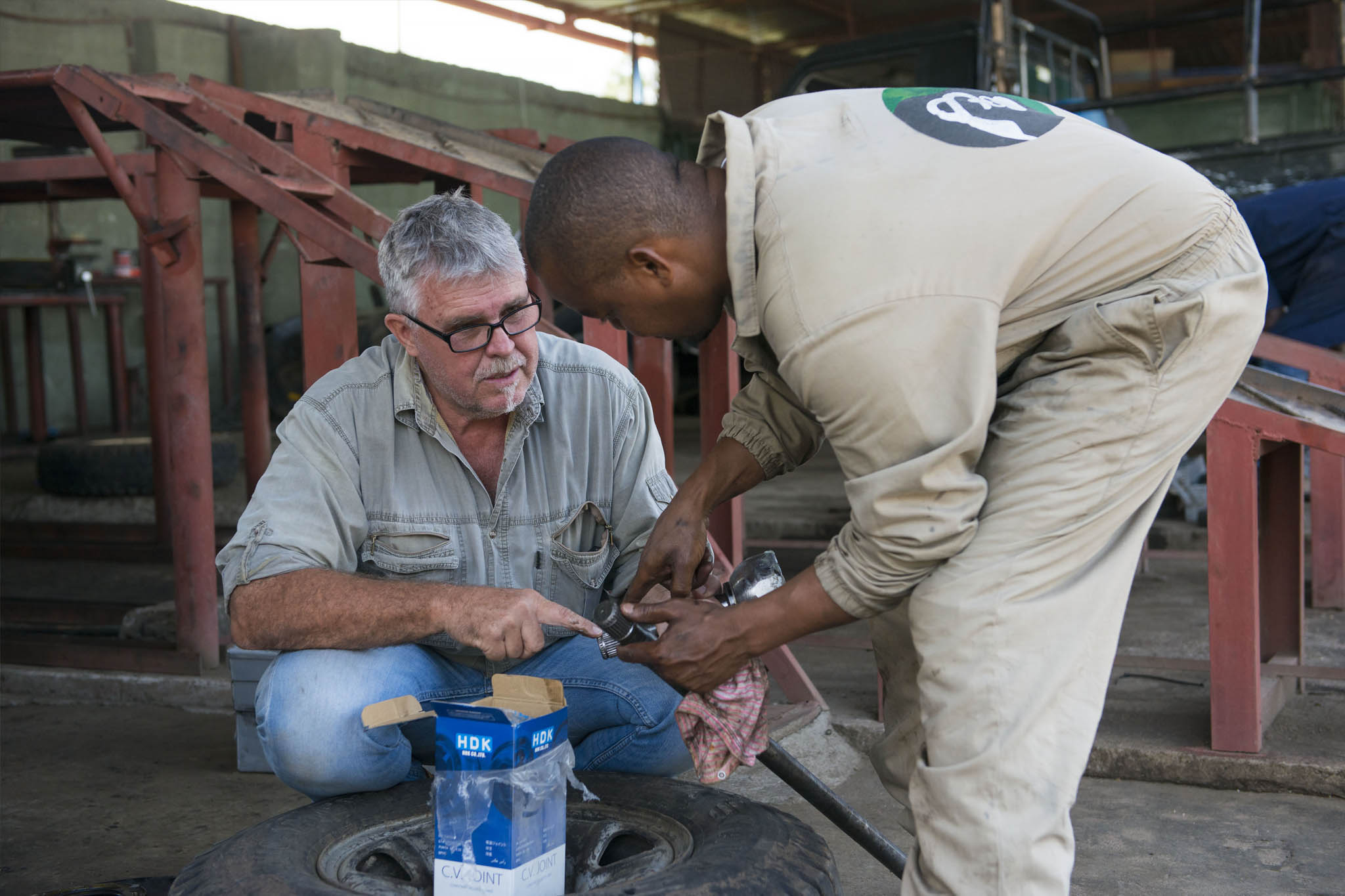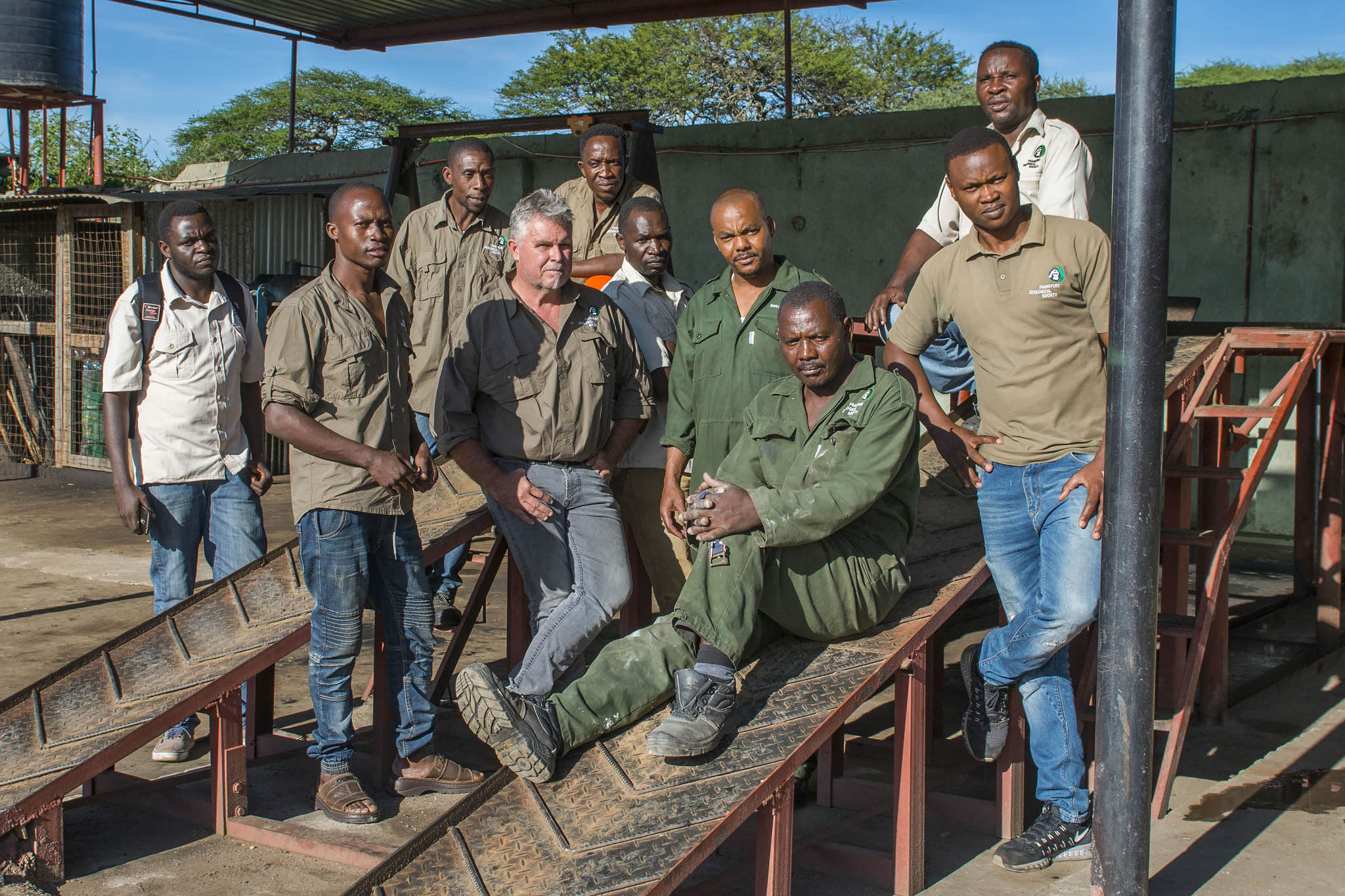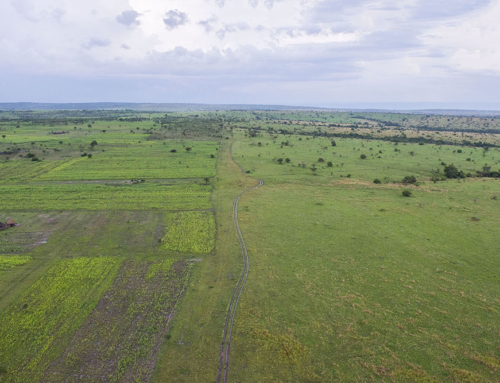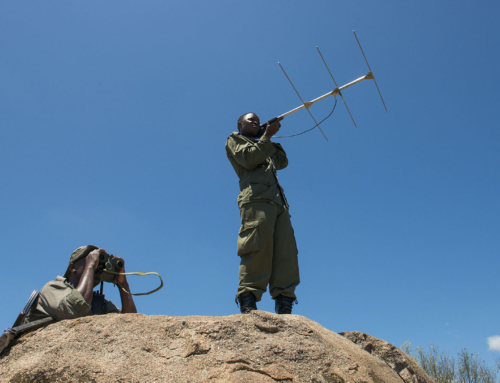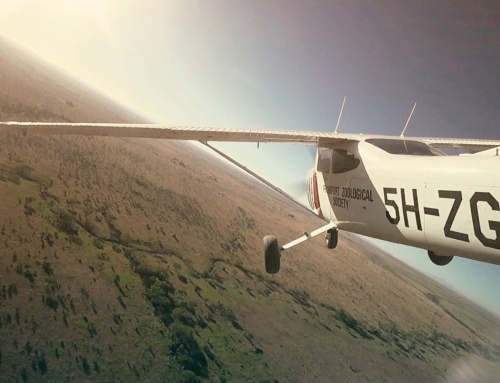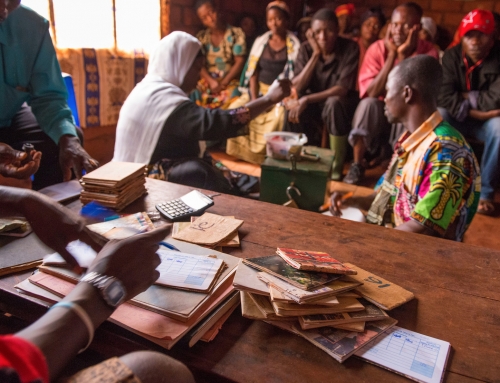Frankfurt Zoological Society’s workshop maintains the Serengeti National Park’s anti-poaching car fleet. Mobility is key to deploying ranger patrols throughout the park. Keeping service time down and the patrols out in the field is an essential contribution to protecting the ecosystem. The workshop also assists the park management with improvements and maintenance.
Serengeti National Park hasn’t always been the relatively safe refuge for wildlife it is today. In the 1980s and early 90s, few tourists would travel to Tanzania and park income was practically zero. As a consequence, park authorities were running low on wages, equipment and even food rations – missing critical requirements to counter the massive poaching onslaught at the time.
Frankfurt Zoological Society stepped in at the time and helped keeping up a level of protection. One of the most effective and long-term commitments to the joint efforts of protecting Serengeti was establishing a professionally run workshop to service the anti-poaching fleet.
Frankfurt Zoological Society stepped in at the time and helped keeping up a level of protection. One of the most effective and long-term commitments to the joint efforts of protecting Serengeti was establishing a professionally run workshop to service the anti-poaching fleet.
To this day, the workshop is a busy place. In a normal month, the trained staff will service and repair some 40 vehicles, including Serengeti National Park’s law enforcement vehicles and safari cars, as well as Frankfurt Zoological Society vehicles that are used for the park support and community work projects. Vehicles are also painted and fitted with field bars.
Transportation is key to successful management of a protected area. Rangers have to be present ‘on the ground’. Patrols, even foot patrols, need to be deployed at the right time at the right place and they should regularly cover all of the park area. If poaching or illegal grazing is taking place in remote corners, park authorities need to be on site.
Keeping the vehicles in working order is a major task of service and repair. Deployment in the field, with harsh conditions in the dry and in the wet seasons, is taking the off-road vehicles to their limits and, at times, beyond. Service time is necessary – the challenge is to keep it as short as possible.
Staff of the workshop will also service special duty vehicles like a crane truck, graders, tractors and motorcycles that are used by park authorities, as well as supporting maintenance of structures like the extensive digital radio system.
For new vehicles, the workshop is overseeing import and issuing of registration certificates and license plates by the national authorities. Last, not least, knowledge and experience are shared within the network of Tanzania National Parks and Frankfurt Zoological Society.




